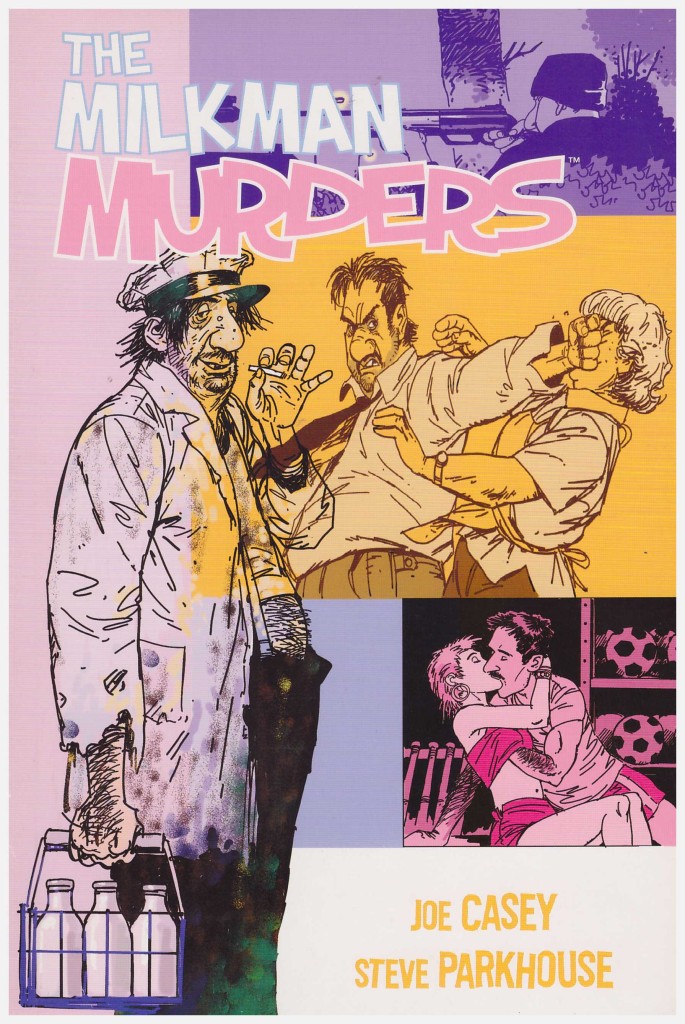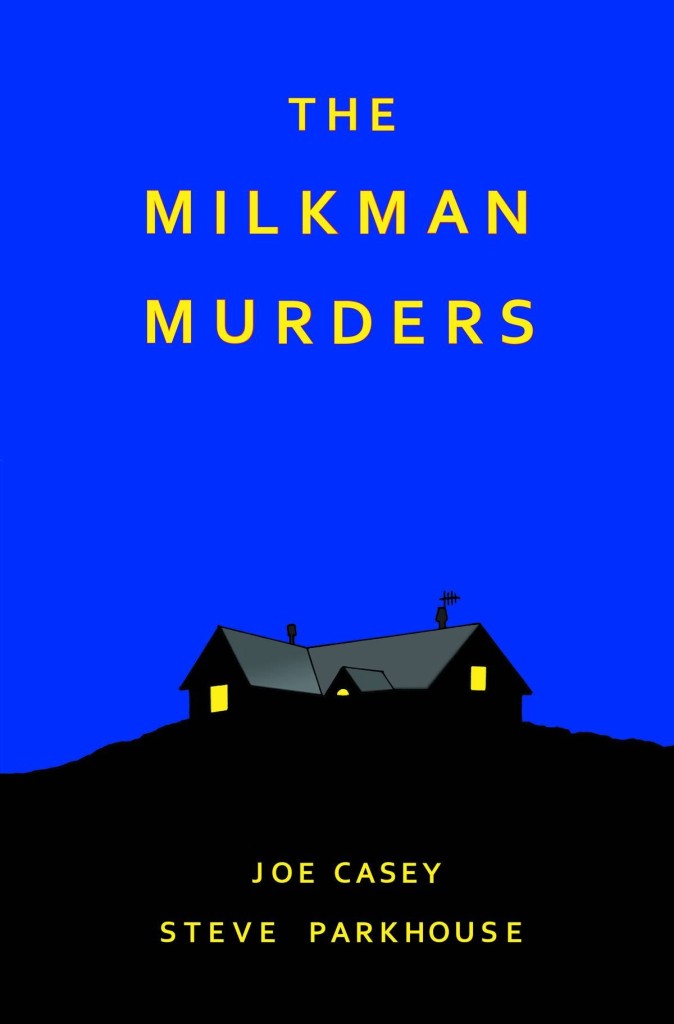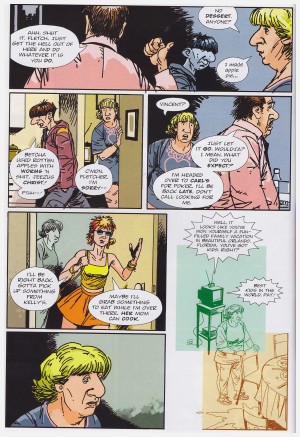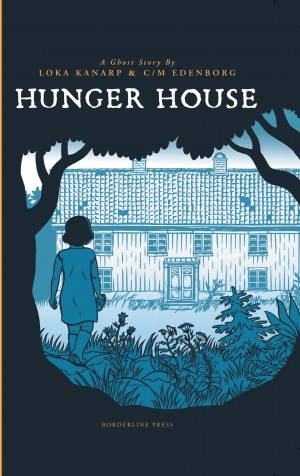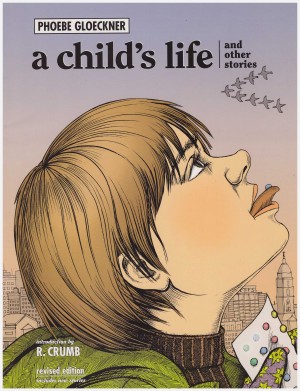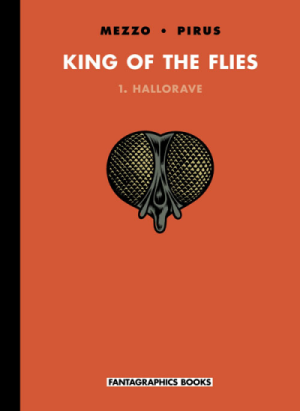Review by Ian Keogh
Steve Parkhouse has a beautifully disarming style of art, creating memorable caricatures that remain consistent throughout a story, and yet he’s not appreciated in the manner he should be. This is seemingly even the case for those publishing him, with the cover to this collection, largely compiled from internal illustrations in preference to commissioning new cover art. They do the job, though. Just take a look at the brilliantly sleazy milkman, the only image not found inside. Here’s a man you’d consider capable of selling your grandmother’s false teeth for a titty bar tip.
There are many forms of horror, and some may occur regularly just along the street from you. We’re introduced to the completely dysfunctional Vale family. Patriarch Vincent is a violent controlling thug with no respect for anyone, chained to a job he hates. Teenage son Fletcher entertains himself by shooting animals and skinning them in the basement, while anorexic daughter Ruthie is screwing a teacher. Barbara Vale’s existence is a gruesome as any horror film, and there seems no escape for her into even a normal life, never mind the idyllic, squeaky clean fantasies of the 1950s housewife she watches on TV. Just at the point you imagine Barbara’s daily degradation can’t deteriorate further the milkman arrives.
Joe Casey’s script plummets down into deep and primal disturbing depths, lifting the veil on the horrors of some suburban lives, then grinding our noses in the dirt. Every time you might imagine there’s a form of redemption Barbara can grope toward, Casey and Parkhouse snatch it away until there’s only one path left for her. It’s deliberately shocking and provocative, and without any moralising. The cast are what they’re allowed to be, or what they become. It’s resolutely unpleasant, excellent, and thank God for Parkhouse’s cartoon approach as you’d not want to see this drawn by an artist whose style is rooted in naturalism.
The story ends, and in the belief that Casey and Parkhouse have delivered their worst, go on, turn the page, and discover Parkhouse’s coda. It’s a rant and a cry from the heart, and more horrific than what you’ve just read.
It’s worth noting that rape is included in the debasements portrayed. It’s not explicit, but it occurs, and it’s important in context. As much as anything, The Milkman Murders is about the consequences of brutality, what it can eventually release, and some may find this objectionable. If you can live with that, The Milkman Murders is as sordid and horrific as anything you’ve read this year. Revel in it.
